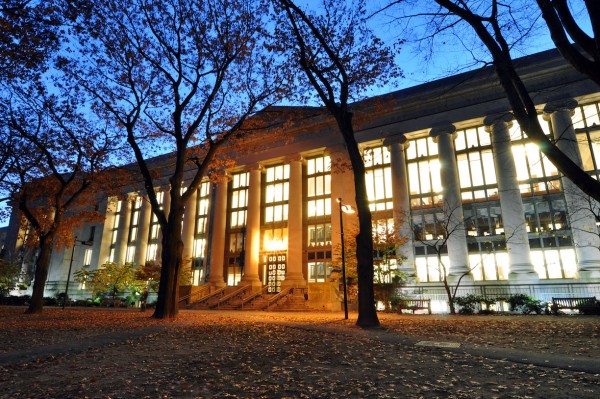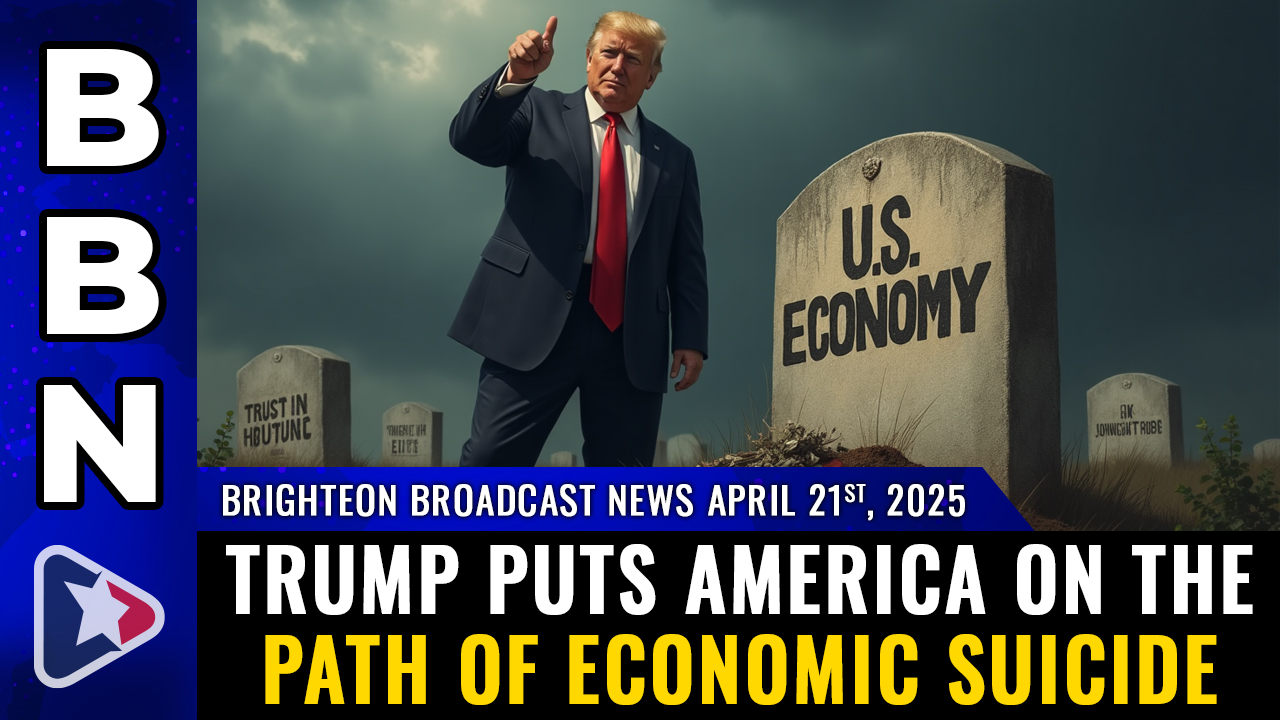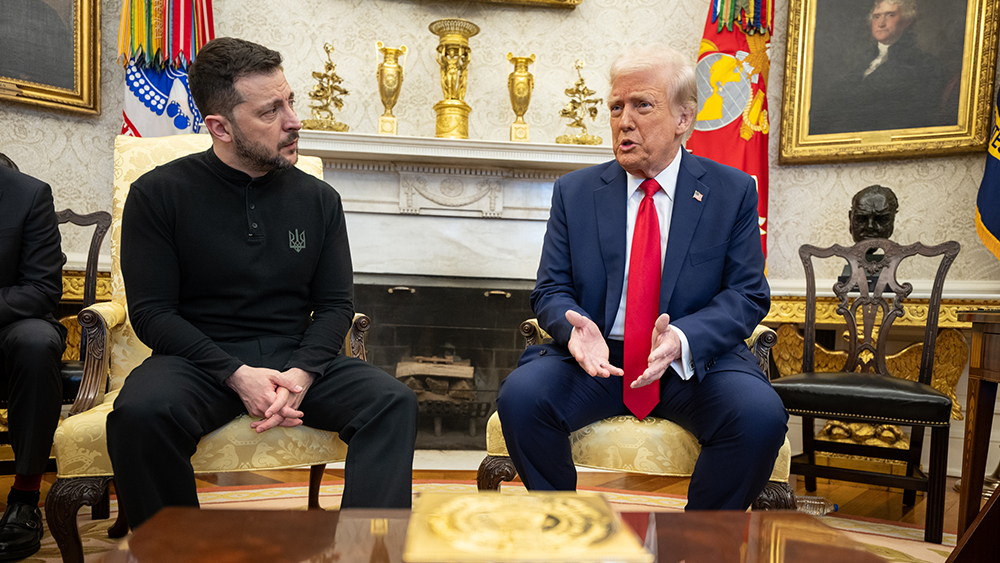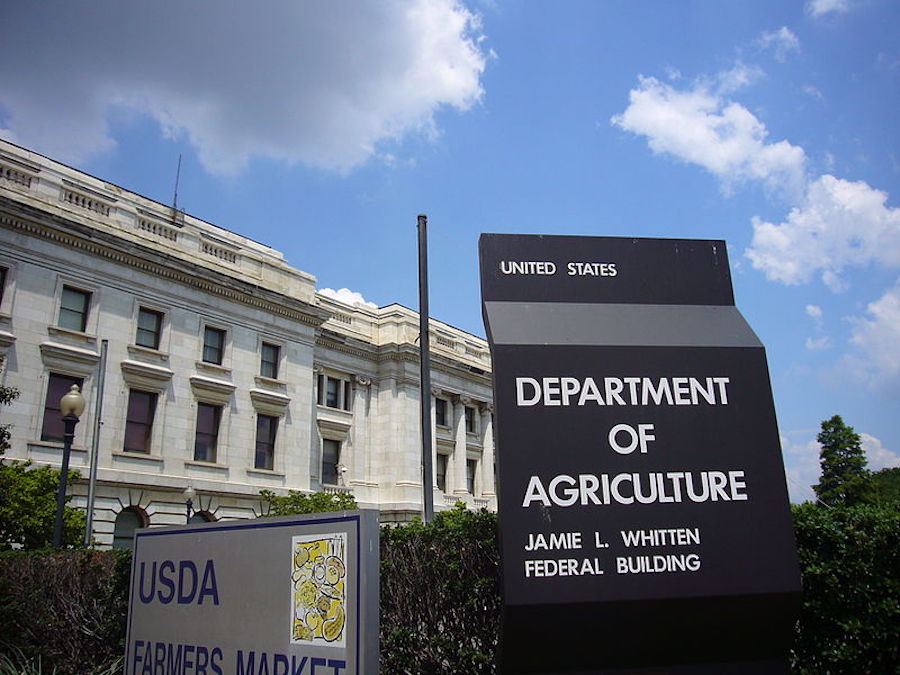IRS poised to strip Harvard’s tax-exempt status amid national security concerns over academic compliance
By willowt // 2025-04-21
Tweet
Share
Copy

- The IRS is preparing to revoke Harvard’s tax-exempt status, a move seen as an unprecedented escalation in federal pressure on academia. This follows Harvard’s defiance of Trump administration demands to reform admissions, curricula and disciplinary policies amid antisemitism concerns tied to pro-Palestinian protests.
- The dispute stems from Trump’s accusation that Harvard promotes "political, ideological and terrorist-inspired" ideologies. IRS officials reportedly justify the revocation by labeling Harvard a "political entity," threatening other elite schools (e.g., Yale, Stanford) with similar scrutiny for resisting GOP-backed policies.
- Harvard and its allies argue the IRS action is an unlawful overreach that could stifle academic freedom. Legal experts note that tax-exempt revocations—rare and typically tied to clear violations (e.g., racial discrimination)—have never before been used to punish ideological disagreements.
- Critics warn the IRS move could politicize curricula, research and hiring, chilling free thought. Some conservative commentators frame it as a fight against liberal "echo chambers," while Harvard’s defenders see it as federal overreach intended to suppress dissent.
- Harvard plans to sue, setting up a landmark case that could redefine "public interest" in academia. The outcome may reshape institutional autonomy, federal power over education and the role of universities in fostering intellectual discourse for decades.
The root of the dispute: Academic autonomy vs. executive scrutiny
The standoff traces back to January, when the Trump administration issued a startling set of demands to Harvard, including a review of faculty hiring practices, disciplinary codes and plagiarism policies—ostensibly to combat antisemitism linked to pro-Palestinian campus protests. Harvard’s leaders described the directives as “unlawful” and “offensive,” rejecting them as a violation of academic freedom. Within days, President Donald Trump escalated his criticism, accusing Harvard of promoting “political, ideological and terrorist inspired” ideologies online. In a Tuesday post on Truth Social, Trump framed the tax exemption issue directly: “Tax Exempt Status is totally contingent on acting in the PUBLIC INTEREST!” Sources confirmed that the IRS’s planned revocation aligns closely with the administration’s push to punish institutions that defy its edicts. The IRS reportedly plans to justify the action by declaring Harvard a “political entity,” a categorization that could spur similar scrutiny of elite schools like Stanford, Yale and Columbia, all of which have defied GOP-backed policies targeting campus speech and funding. Harvard’s resistance has drawn bipartisan support. Jason Newton, a university spokesperson, called the IRS threat “unprecedented” and warned that revocation would harm its ability to advance research, education and public health initiatives. “The unlawful use of this instrument more broadly would have grave consequences for the future of higher education in America,” he stated in an emailed response to scrutiny.Legal precedent and the uncharted waters of tax status revocation
Tax-exempt revocation is a rarely used weapon in the federal arsenal. The last major case occurred in the 1980s, when the IRS stripped Bob Jones University of its status because of its racially discriminatory admissions policies. By contrast, Harvard’s case involves heated political discourse rather than clear-cut violations. Professor R. William Snyder of George Mason University noted the novelty of the move: “To my knowledge, this is the first time an administration has tried something like this,” he told CNN. “You don’t revoke tax status because you disagree with how a university teaches history or politics.” The process itself would be fraught. Nina Olson, a former IRS taxpayer advocate, explained that revocation typically requires an exhaustive audit and legal appeals process. “It takes a long time,” she said, noting the agency’s procedural obligations to afford institutions notice and the chance to contest accusations. The Treasury Department has not yet addressed CNN’s reporting, but acting IRS Commissioner Gary Shapley—who was named to the position last month—now holds authority to finalize the decision.Broader implications for higher education and governance
The repercussions of the IRS action could stretch far beyond Cambridge, Massachusetts. Education Secretary Linda McMahon hinted at a broader agenda. “Elitist schools with huge endowments—we should probably have a look into that,” she told CNN’s The Arena, suggesting Harvard’s case is not isolated. Meanwhile, White House officials frame the move as a defense of public interest. Yet critics warn of a chilling effect: if universities fear losing exemptions over contentious policies, curricula and hiring could become politicized, stifling the free exchange of ideas vital to innovation. Conservative commentator Mackenzie Gray, a regular on Fox News, argued the Harvard case reflects deeper ideological battles over “thought diversity.” “Our institutions of higher learning aren’t being schools—they’re echo chambers,” she said. But Harvard’s allies counter that such rhetoric risks substituting political agendas for academic rigor. “This is about power,” said David Bernstein, a First Amendment expert at the Cato Institute. “The administration is weaponizing regulatory authorities to quell dissent in an arena they can’t control.”A crossroads for institutional autonomy and federal power
Harvard’s fate will send shockwaves through classrooms and boardrooms alike, redefining the boundaries between governance and academia in an era of ideological polarization. The case may also pivot on constitutional principles. Eric Alan Isaacson, a professor at Harvard Law School (unrelated to the university’s leadership), noted that tax-exempt status is tied to charitable, educational or scientific purposes—not political compliance. “If academic inquiry is now grounds for revocation,” he said, “every university in America should be worried.” With Harvard’s attorneys already promising lawsuits, the stage is set for a landmark legal battle—one that could redefine the very meaning of “public interest” in the halls of power and higher learning.The erosion of autonomy or the restoration of balance?
The IRS’s move against Harvard transcends tax policy. It is a pivotal test of whether federal authorities can dictate intellectual priorities without usurping the missions of academic institutions. For generations, universities have operated as bastions of free thought, shielded by tax benefactors to explore ideas without commercial or political constraints. Should the government prevail in this case, the role of academia may fundamentally change. The outcome could echo for decades, reshaping not only colleges but the contours of American democracy itself. Sources include: YourNews.com CNN.com InsideHigherEd.comTweet
Share
Copy
Tagged Under:
First Amendment Trump IRS Harvard big government money supply higher education campus insanity government debt tax exempt status Linda McMahon
You Might Also Like
Trump races to broker Ukraine ceasefire as U.S. warns of withdrawal
By Cassie B. // Share
Trump administration unleashes U.S. timber and mineral production amid supply chain concerns
By Willow Tohi // Share
Trump opposes new gun control measures: Guns are not the root cause of violence
By Laura Harris // Share
Trump orders DOJ to investigate former officials for alleged treason and election misconduct
By Belle Carter // Share
Trump floats plan to replace income tax with tariff revenue
By Laura Harris // Share
Recent News
Stunning Visualization of the Seven Trumpets in the Book of Revelation
By healthranger // Share
Chinese EV giant BYD surges past Tesla with 'God's Eye' self-driving tech
By ljdevon // Share









